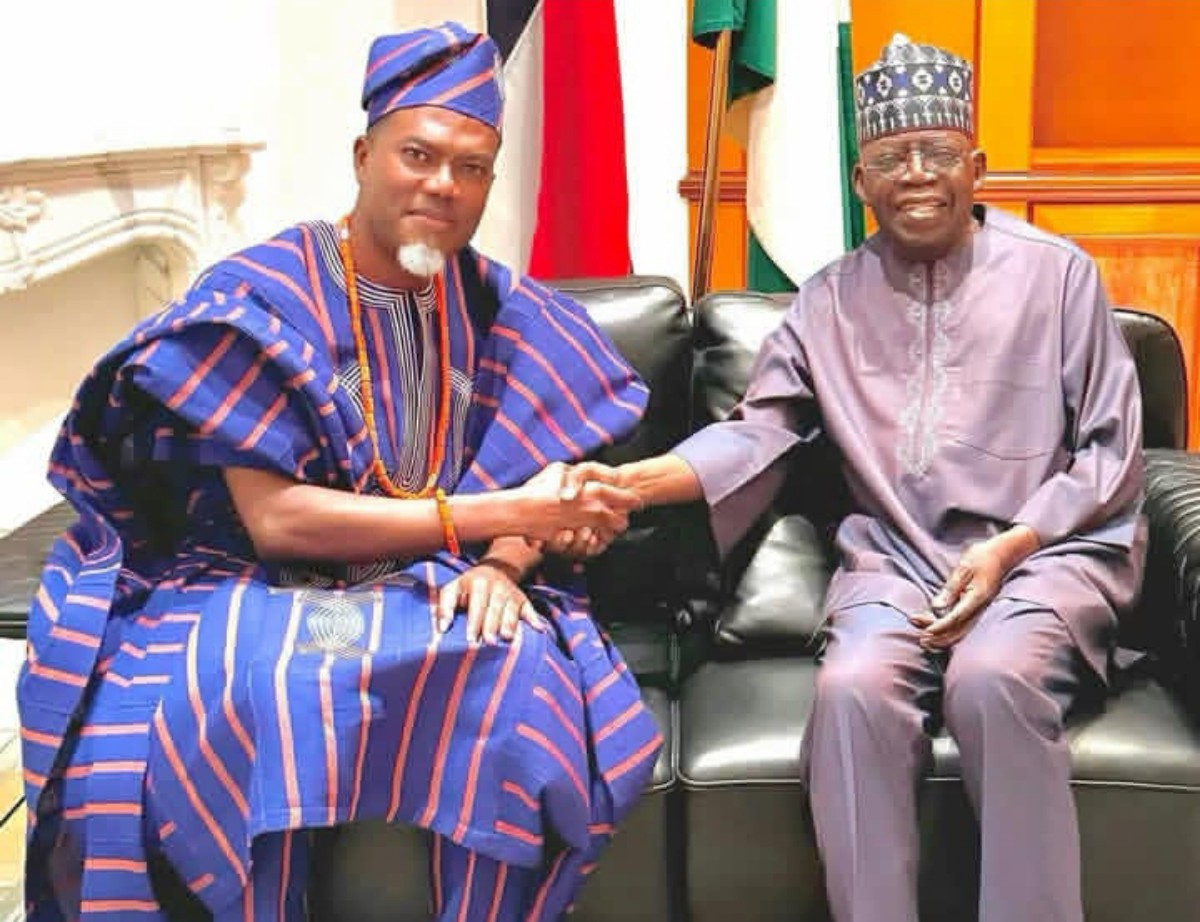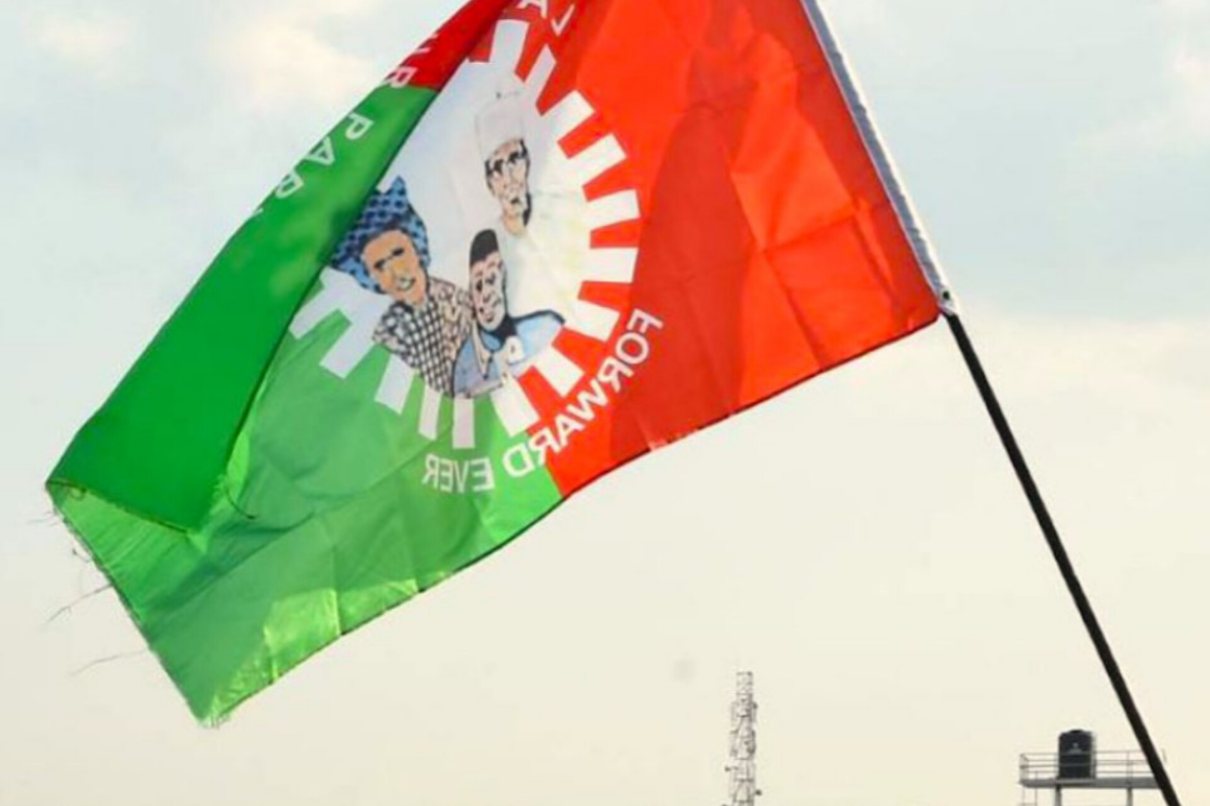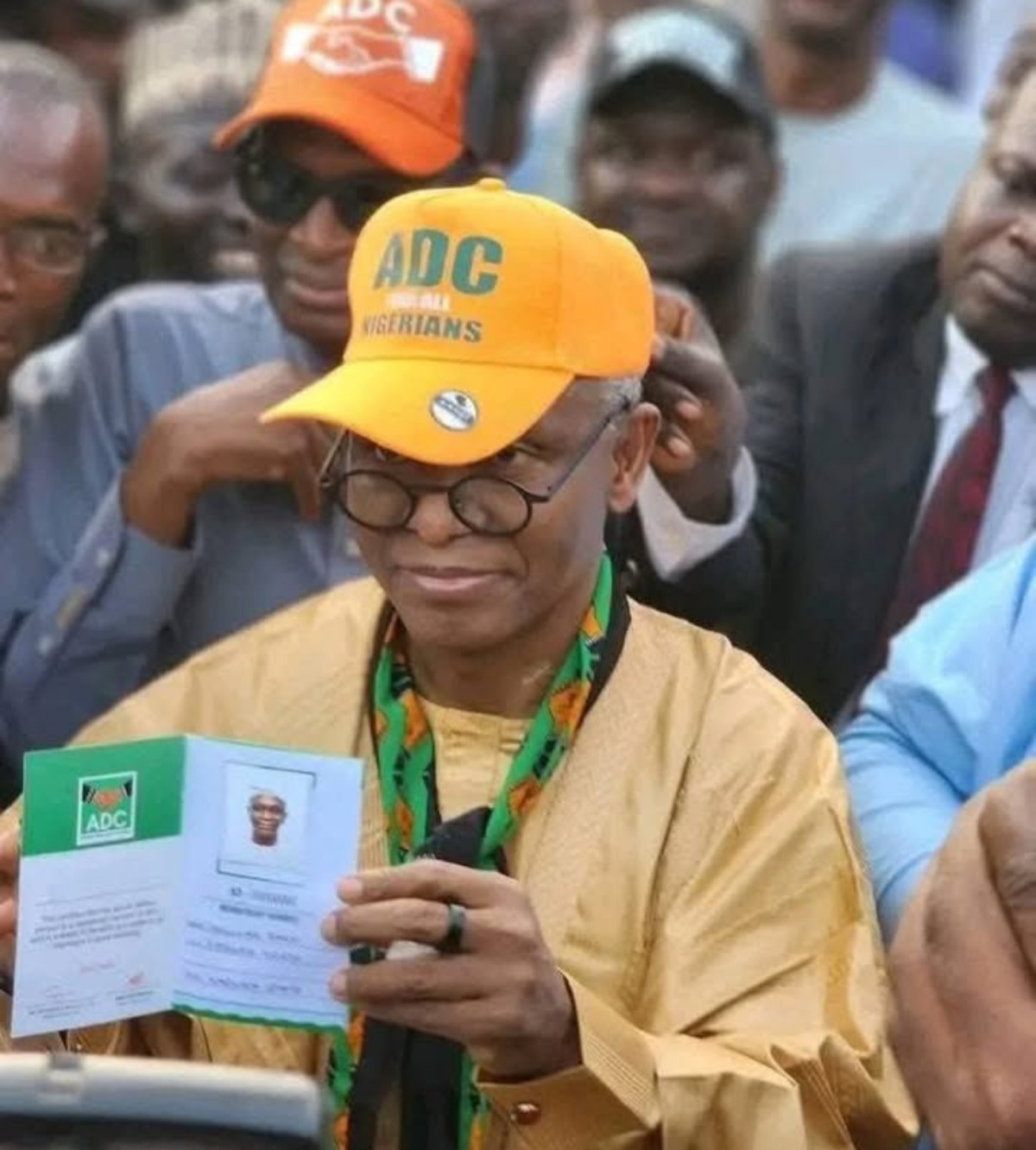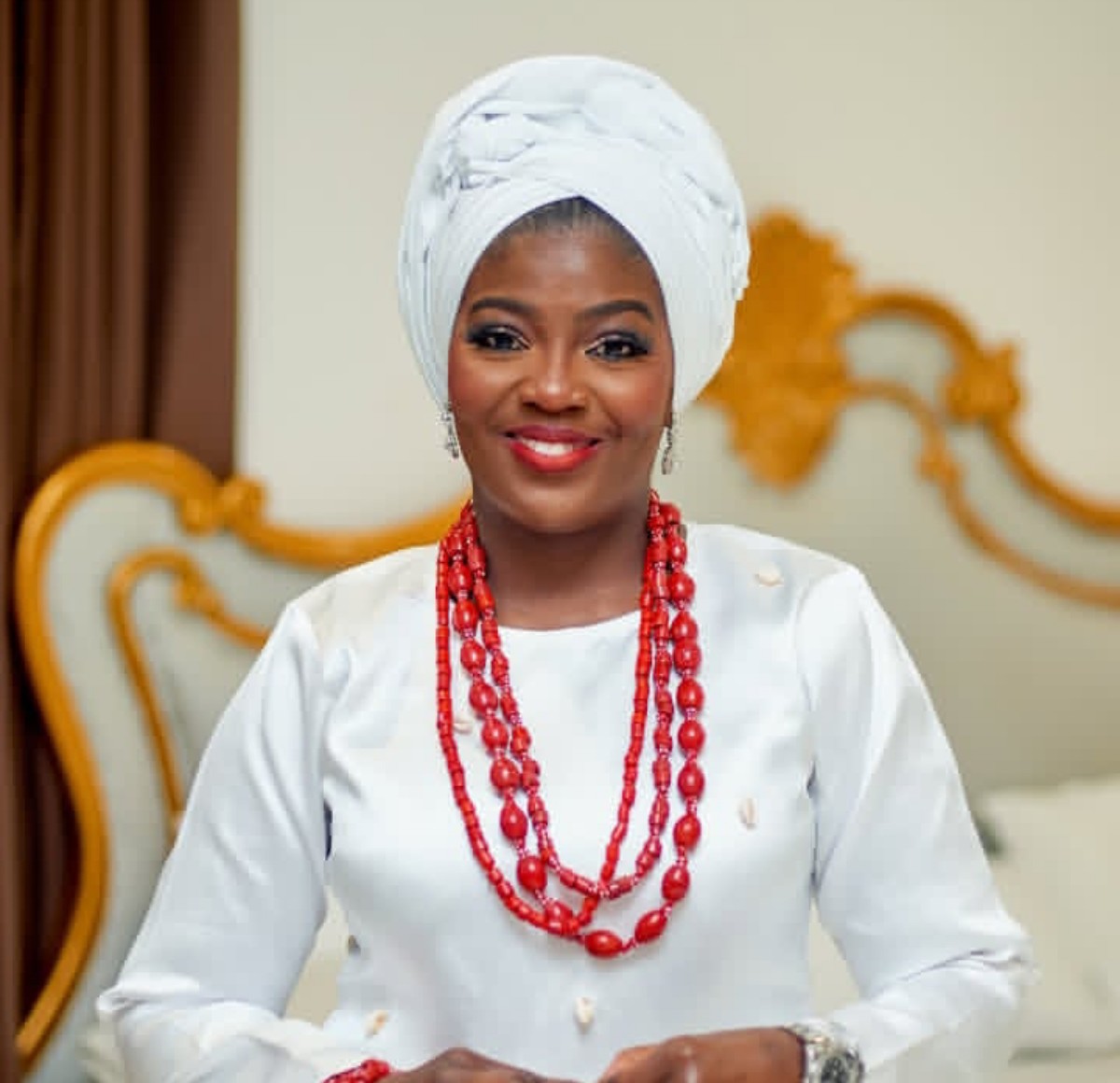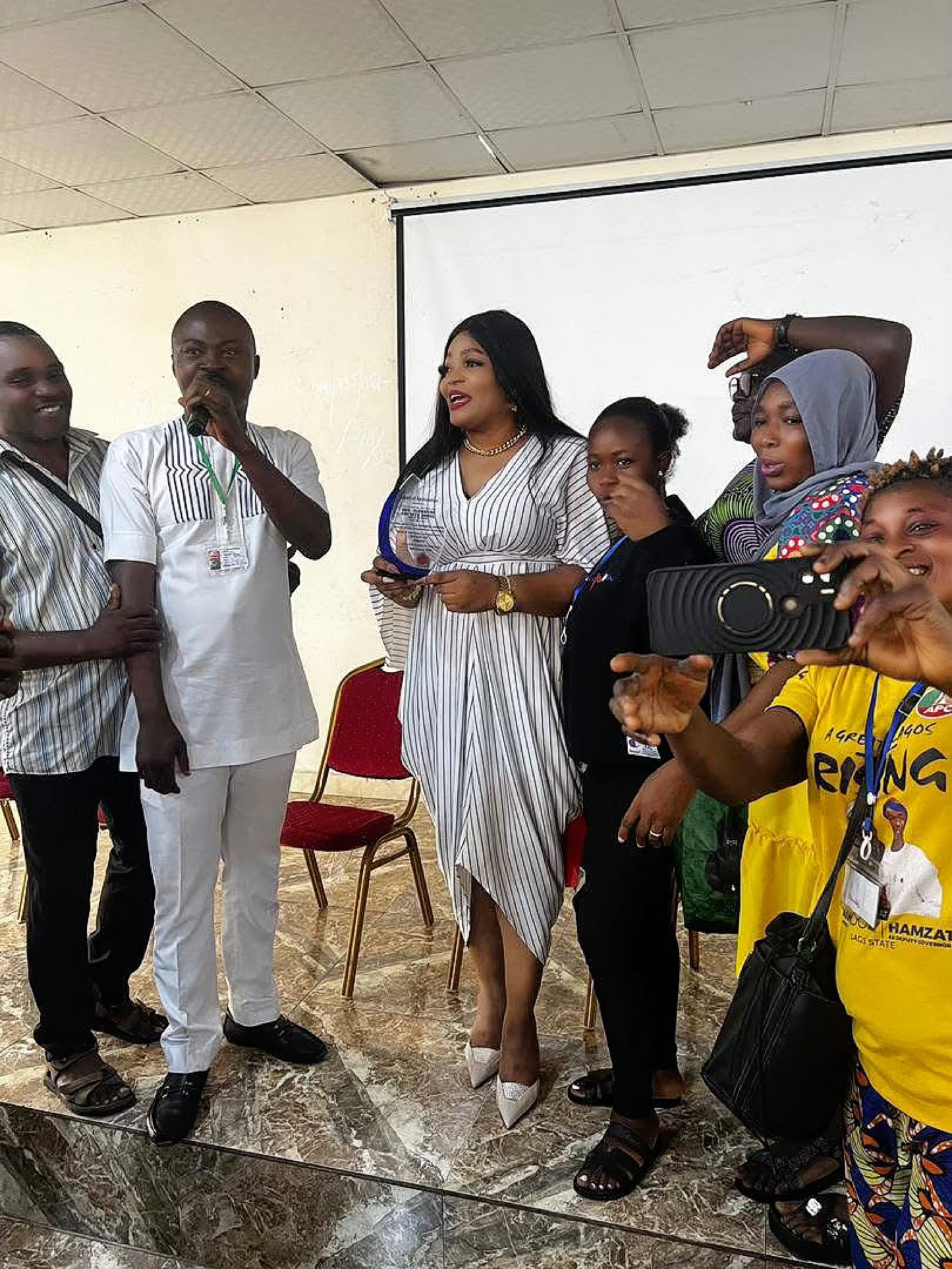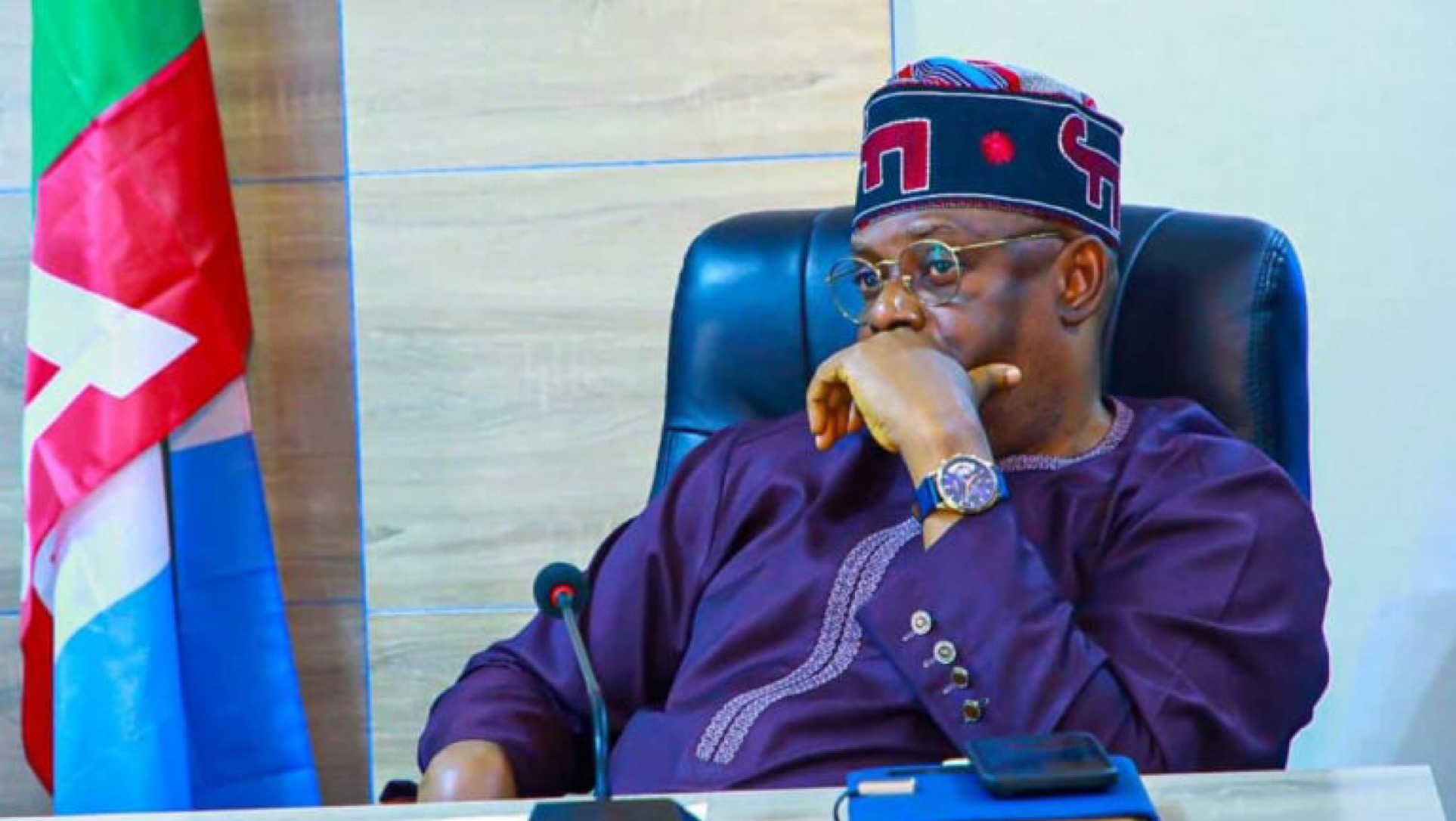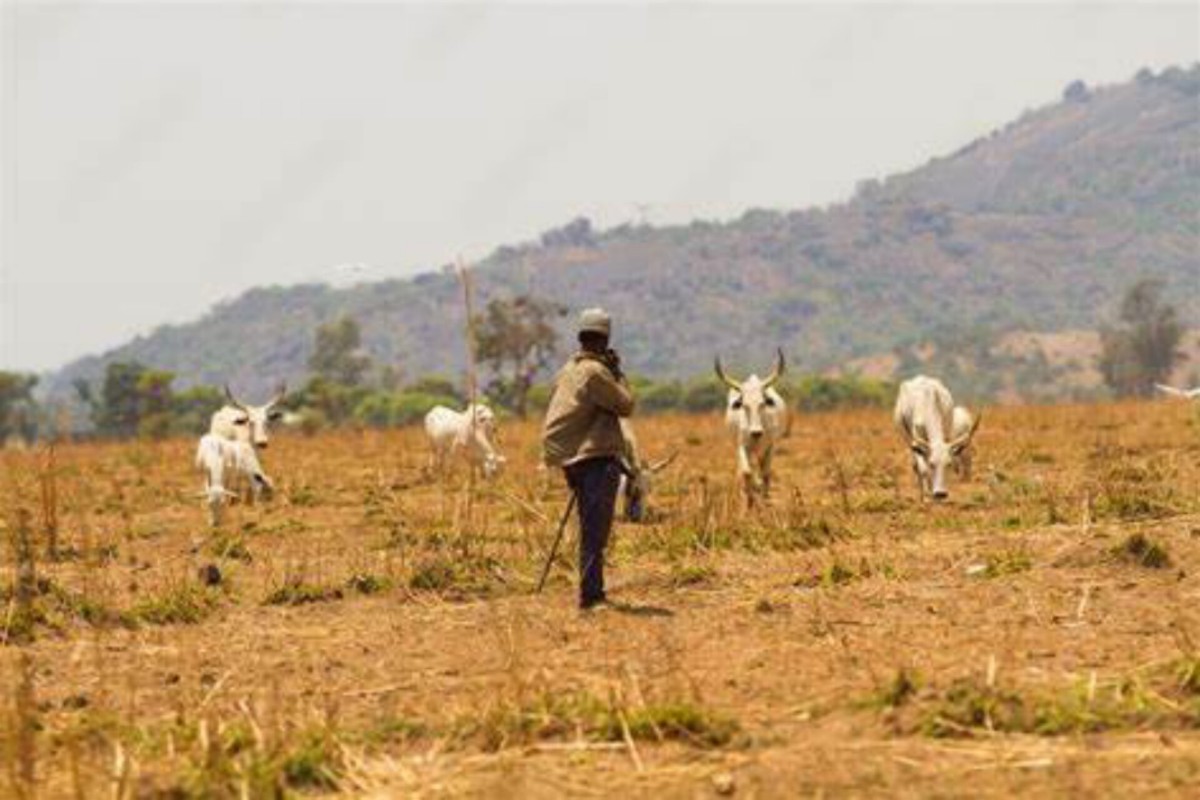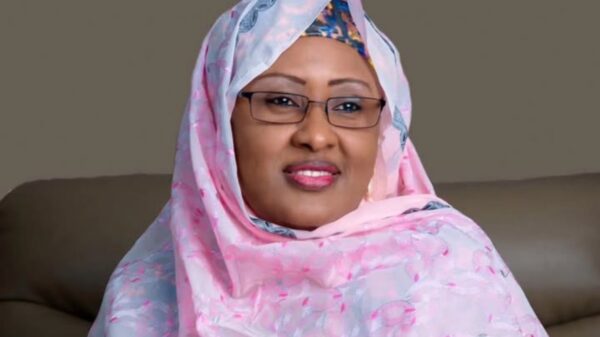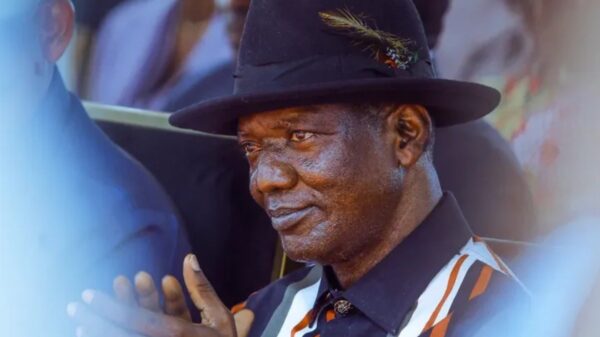The death of Queen Elizabeth II has ignited lots of debate on the colonial past all over the world including in Africa.
The New Zealand parliament gathered to pay tribute to British monarch Queen Elizabeth II on Tuesday and held a special debate to allow politicians of all parties to acknowledge the monarch’s death. Amidst the honours and admiration, some of them criticized a monarchy built on “stolen land, stolen resources, and stolen treasure”.

“As I stand in this House as a representative of te Iwi Māori, we must always speak our authentic truth,” said Māori party co-leader Rawiri Waititi. “The British empire and the power of its monarchy was built of stolen whenua [land], stolen resources, and stolen taonga [treasure].”
While he acknowledged that Māori tradition calls for mourning the dead, he said it was tough to separate Queen, the person from the institution. “I see a lot written on social media. The righteous anger of Indigenous people all over the world. I take those stories as stories I carry with me, and my tikanga,” he said.
Several other Māori politicians also paid tribute to the royal family but also highlighted the wrongs done in the past.
“Many Māori leaders, while holding a rightful space of Aroha [love], have also been very clear that we cannot ignore the oppression of Māori as very real and continuing,” Greens co-leader Marama Davidson said.
Notably, the royal family has acknowledged its past wrongdoings in the past. In 1995 the Queen personally signed a crown apology to the people of Waikato/Tainui for atrocities and the stealing of land by the crown.
The spokesman for the Zimbabwe National Liberation War Veterans Association; Douglas Mahiya, said he saw “very little or no reason” to mourn her passing, as she died whilst the country is reeling under Western-imposed sanctions.
“We would like to remind the British, and the incoming King of the British, that it is not necessary for them to continue using the weapon of mass destruction, sanctions, against Zimbabwe because it is evil for any nation to think that any other human being black, green or white does not deserve to develop socially and economically and politically,” he said.
Beyond official condolences praising the queen’s longevity and service, there is some bitterness about the past in Africa, as well as Asia, the Caribbean, and elsewhere.
Talk has turned to the legacies of colonialism, from slavery to corporal punishment in African schools to looted artifacts held in British institutions.
For many, the queen came to represent all of that during her seven decades on the throne.
“She was the head state of government that did preside over colonialism and atrocities during that time. We have to acknowledge and be aware of that,” Harare resident, Douglas Coltart, said, though he said her leadership of the Commonwealth was “commendable”.
Foreign minister Nanaia Mahuta noted that King Charles III had spoken at a recent Commonwealth meeting in Rwanda about acknowledging past wrongdoing.
Queen Elizabeth is set to be buried on September 19.








